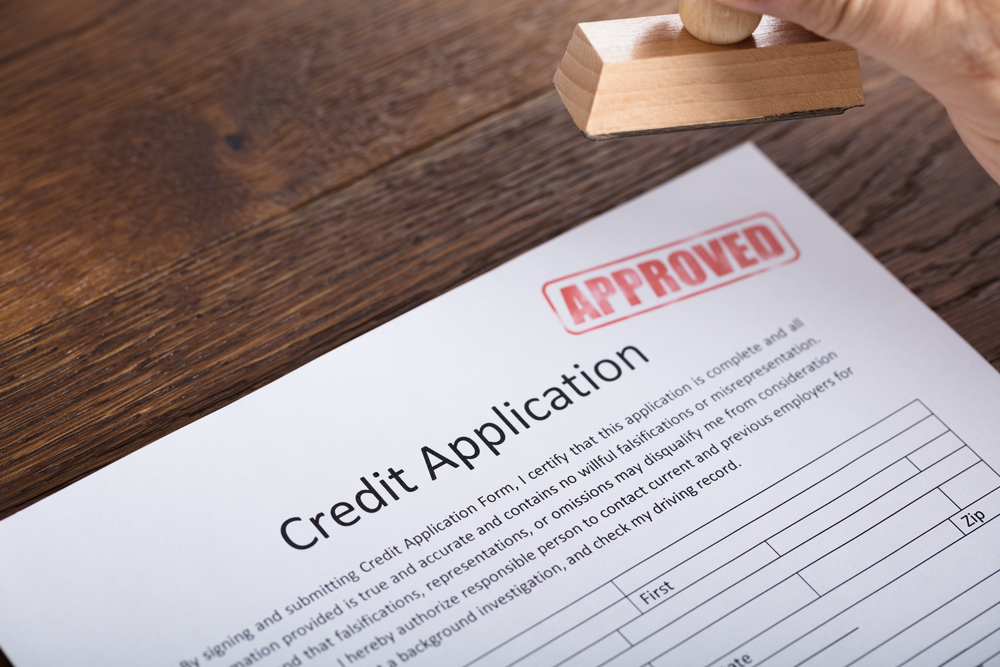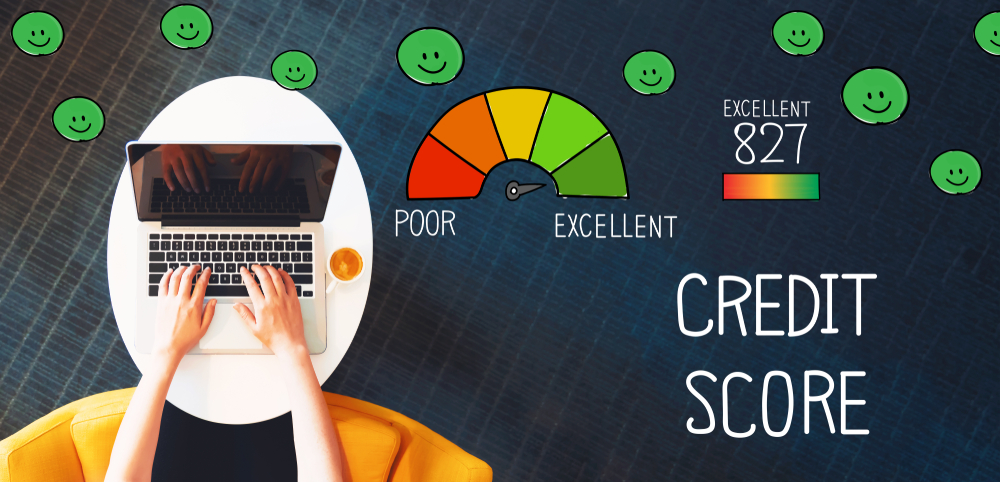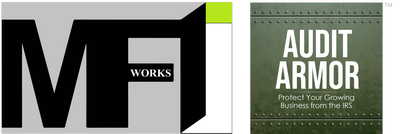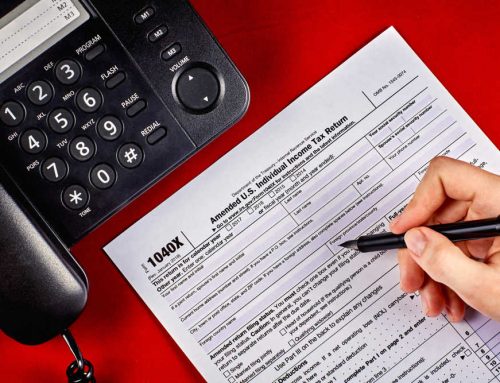
During a recession, it is common for many people to rely on credit cards and loans to make it through with their finances. However, these financial products can be more difficult to qualify for during these times. This blog will go over a few tips on how to get approved for credit in a financial downturn.
How Does a Financial Downturn Affect Lending?
Lending becomes a lot more riskier in a weak economy. There are all sorts of reasons a person might stop paying their credit card bills or loans. For example, they can lose their job, or get unexpected medical bills which need to be paid. Because lenders know the chances of these scenarios are higher during weak economies, they tend to restrict their lending criteria, so they are only serving the borrowers with the lowest-risk. That leaves people with poor credit in tough financial positions. Lenders typically look at the following criteria before approving you for a loan:
- Credit Score
- Income stability
- Debt-to-income ratio
- Down payment size (for loans like mortgages)
- Co-signers (if applicable)
However, this doesn’t mean you’ve run out of options. You simply have to take the time to understand all of your alternatives to getting your credit approved.
Paying Off Debt
Paying off some of your debt is one of the routes you can take. It becomes super helpful when it comes to an application for credit. Repaying your debt reduces your debt-to-income ratio, which is an important metric lenders look at for loans such as mortgages. It also helps you improve your credit utilization ratio, which is the measure of how much available credit you are currently using.
Find a Cosigner
For the people with poor credit, a trusted cosigner can make all the difference! When someone cosigns for your loan, they’ll need to provide information on their credit score, income, and employment. Their credit score and income should probably be higher than yours. This gives the lender enough confidence to write the loan since they know that if you can’t make the payments, your cosigner will be liable for the bill. During times of economic instability, it might be difficult to find someone with enough financial stability to cosign for you. That is why it is important to have a proper conversation with your prospective cosigner in advance about expectations in worst-case scenarios.
Raise Your Credit Score
If your credit score does not reach the threshold to qualify for conventional credit, you could try focusing on raising your credit score. Strategies you can pursue include:
- Report your rent payment – rent payments aren’t typically included when calculating your credit score, but many companies will report your timely rent payments to credit reporting agencies. Showing a history of positive payments can help improve your credit score.
- Make sure your credit report is updated – Mistakes in your credit report are common, which can artificially deflate your credit score. You can request a copy of your credit report and search for inaccuracies. If you find some, you can make a dispute to help improve your credit score.
- Make all of your payments current – If you have fallen behind on any payments, bringing everything current is a good way of improving your credit score.

Increase Your Down Payment
If you are trying to apply for an auto loan or mortgage, increasing your down payment could help if you’re having a hard time getting approved. When you increase your down payment, you essentially decrease your loan size and lower the lender’s risk. If you don’t have the money to increase your down payment, then consider getting a less expensive car/home so that the lump sum down payment covers a greater proportion of the purchase cost.
Borrowing during a financial downturn can be hard, but there are many ways to get approved. We hope that these tips on how to get approved for credit during financial downturns can help you figure out what options are best for you. MFI Works, Inc is here to help, so please don’t hesitate to contact us! To schedule a free initial business strategy session, click here.


